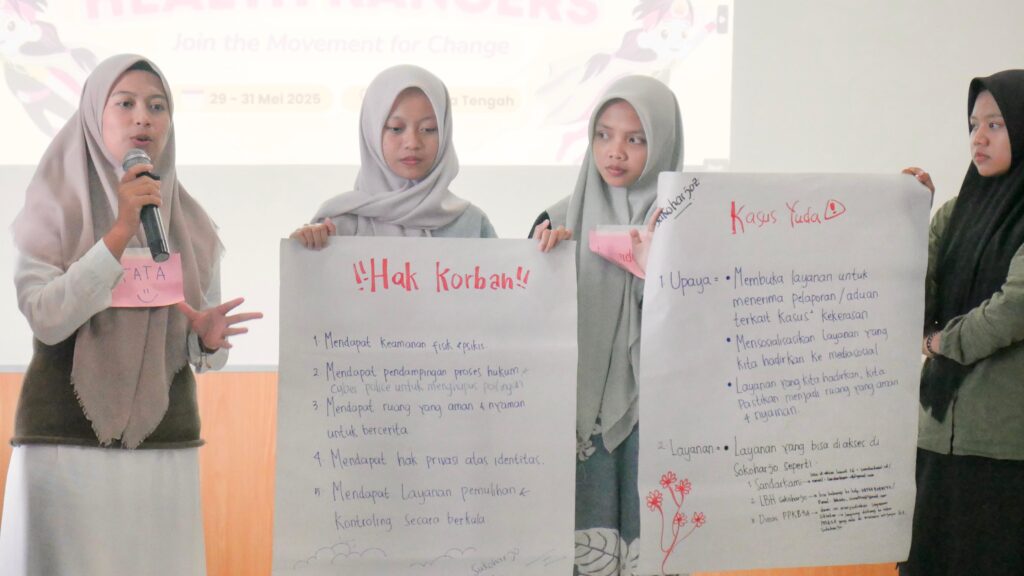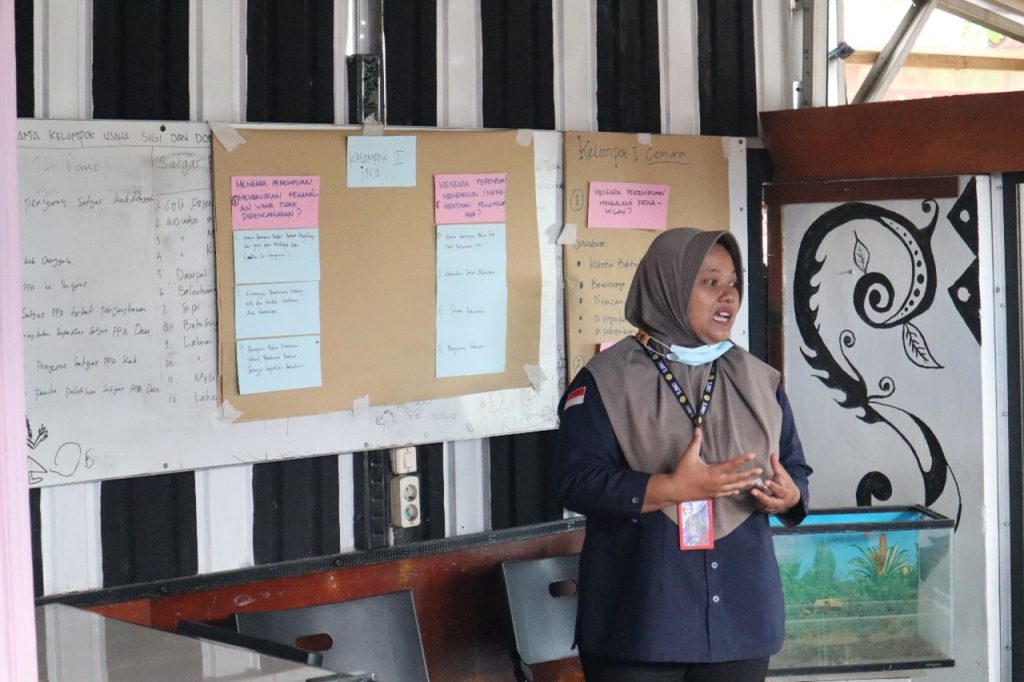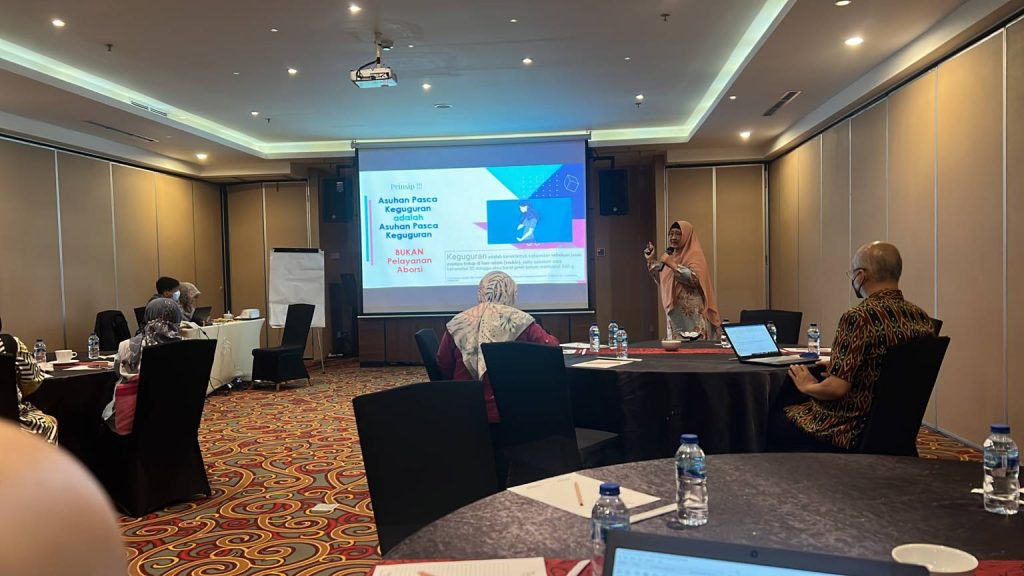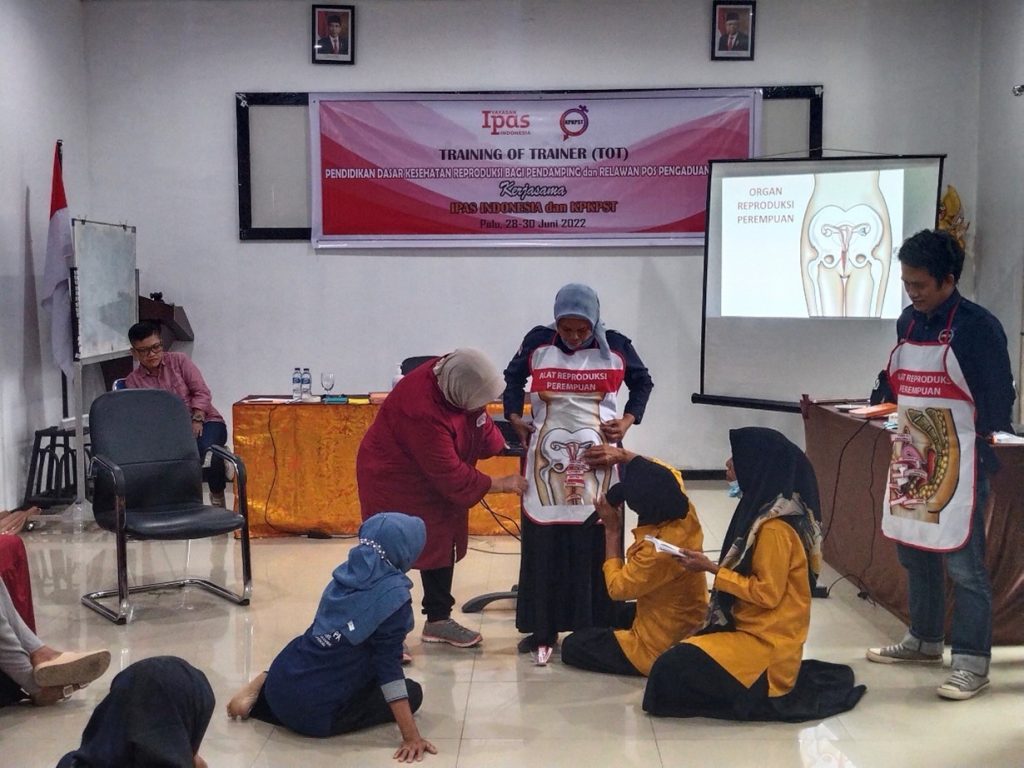In 2024, 1,349 children in Central Java were victims of violence. Of this number, sexual violence was the highest type of violence, with 746 cases. Nationally, Central Java is the third province with the highest cases of violence against children.
These numbers prompted Pilar PKBI Central Java to create an initiative called Health Rangers. This initiative It is expected to change the knowledge of adolescents in three districts in Central Java (Surakarta City, Sukoharjo Regency, and Semarang Regency) to know what violence is, how to prevent it and if it occurs know how to access services.
PKBI Central Java Pillar Project Officer Anis Sapitri said, as many as 30 teenagers from various communities ranging from reading, religion, young people including disability groups, have joined this initiative. To become part of the Health Rangers, the teenagers are selected from administration to interviews. Even so, Anis emphasized that teenagers from communities that have not been exposed to violence information and basic reproductive health information are prioritized.
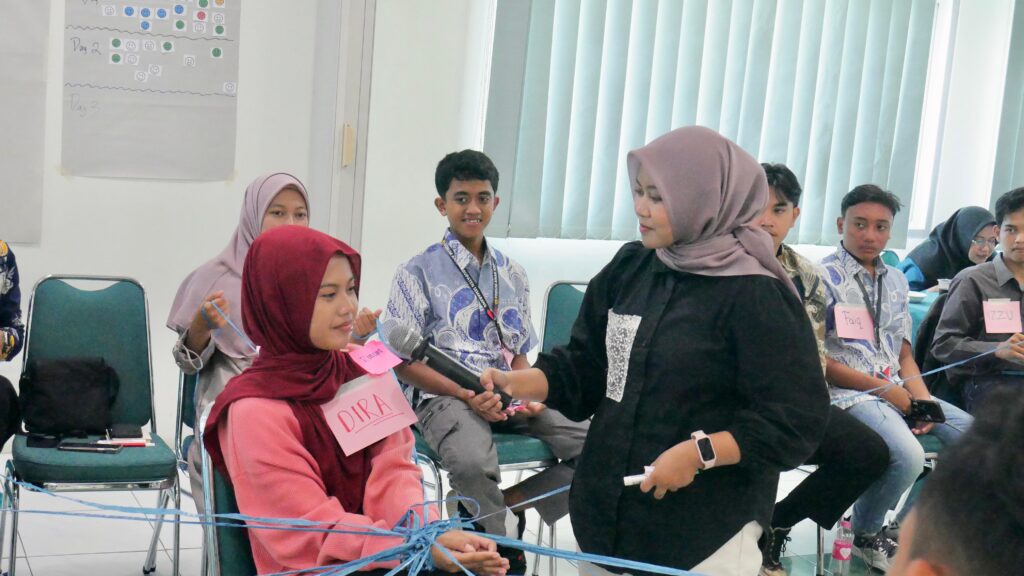
“Health Rangers is actually a term for youth champions aged 15-24. There were 66 names [of participants who registered], but we chose 30 in three districts. Of the 30, there are 10 per district, but there are seven boys and 23 girls,” said Anis.
The Health Rangers training was held on May 29-31, 2025 at the PKBI Central Java Office in Semarang. The materials discussed included issues related to bodily autonomy, consent, violence including sexual violence, and the Law on Sexual Violence.
“Because based on our experience in the process through Health Rangers, adolescents do not get their rights, one of their rights is information on violence, gender-based and sexual violence and reproductive health. Because of ignorance about these rights, it causes adolescents to experience violence,” said Anis.
Equally important material from this training is how to become a facilitator. Because each health ranger is expected to be able to share the material with the community after attending the training. This training material uses a module that has been compiled by the Pilar team.
“From the training process, it is very diverse. Some already know about reproductive health. But many know about basic reproductive health. Especially sexual violence, where they don’t know much,” she added.
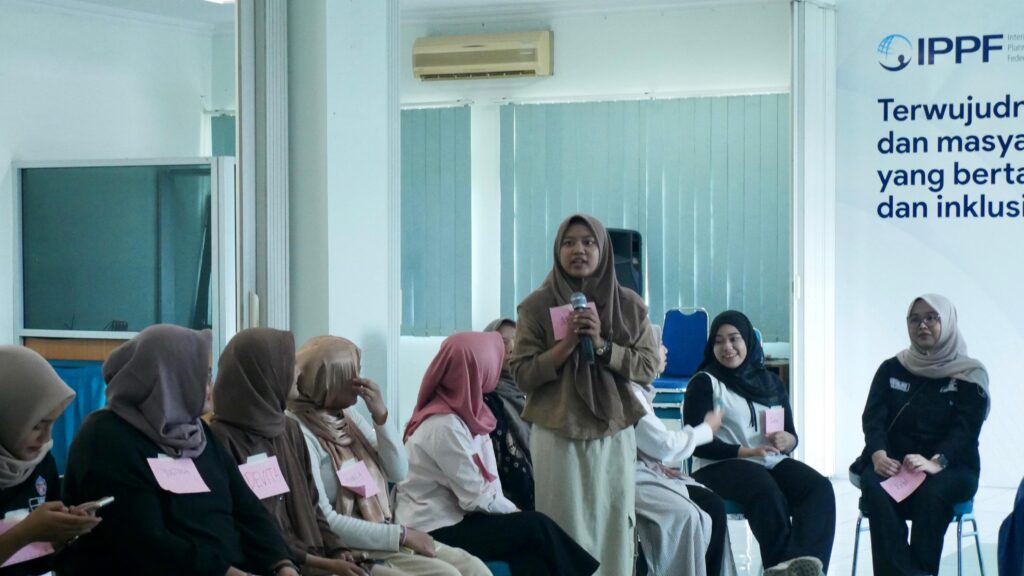
Anis emphasized that after this training, there will be online sessions to assist and increase the capacity of participants as facilitators to their respective communities. Pilar staff will also coach and assist participants until October 2025.
“The challenge is that after the participants are under 18 years old. So there is assistance to educate about licensing, informed consent must be obtained from parents. Then, access to community locations that are difficult to reach, the access to Semarang Regency is quite a difficult area,” she added.
Anis noted that one of the important lessons learned from this initiative is related to the modules used. For example, disability groups are less able to use the module even though Pilar has used sign language interpreters for a number of tests. This is a note for Pilar PKBI to develop according to the needs of disability groups.
Health Rangers is part of the IPAS Indonesia Foundation’s ARUNIKA (Empowered Women for a Violence-Free Indonesia) program supported by the Government of Canada. The program is run in Sukoharjo Regency, Semarang Regency, and Surakarta City with the aim of improving access to comprehensive and holistic services for victims of violence.
